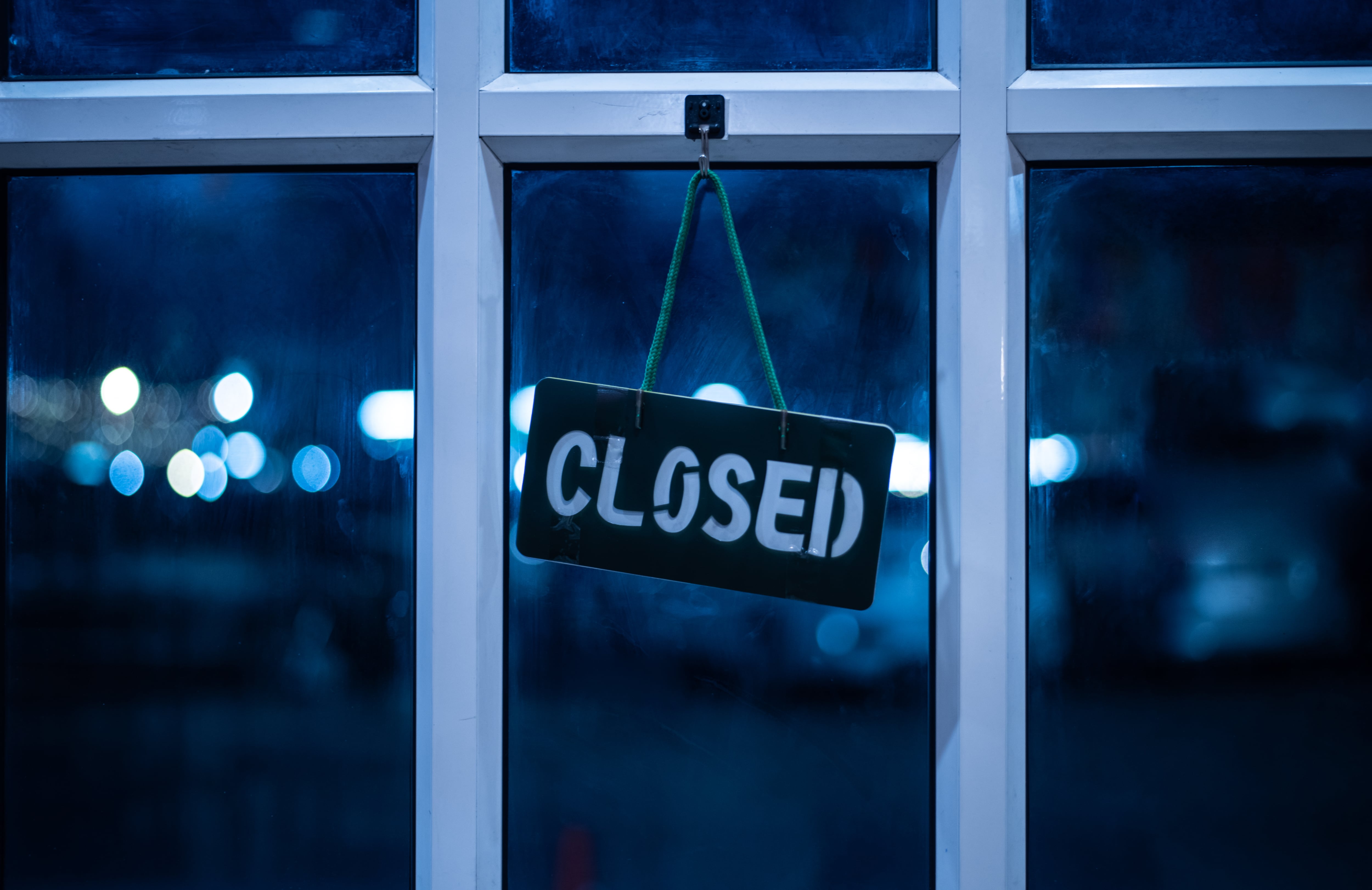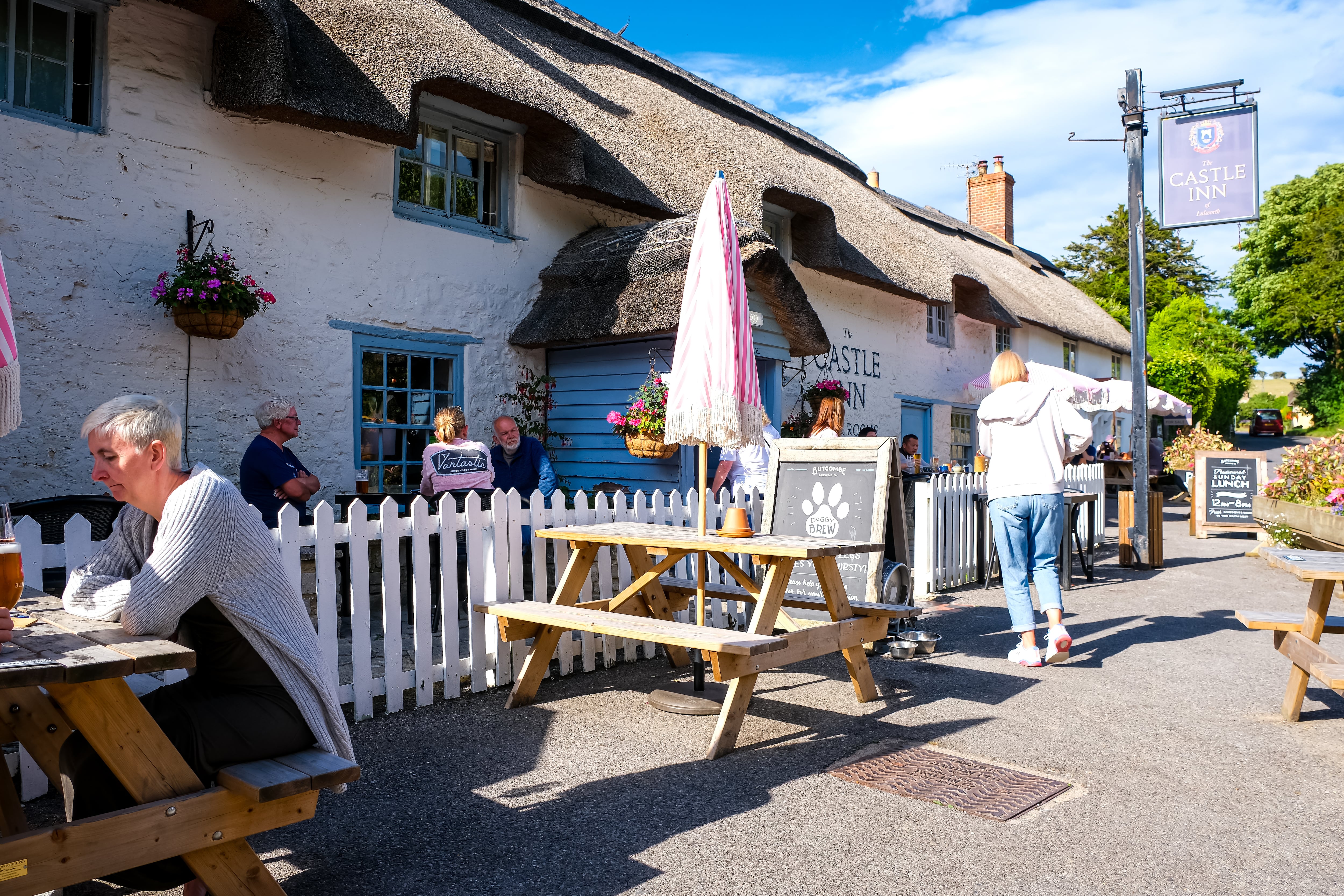Company insolvency statistics found accommodation and food services insolvencies were at 265 in September 2025 - up a little from 262 in the same month last year.
Previous data found insolvencies dropped 19% from 327 in July to 265 in August - marking the first month of decline since spring.
The figures were also slightly down year-on-year from 271 in August 2024, signalling a short-term stabilisation in the sector.
| Month of 2025 | Number of insolvencies in the accommodation and food services sector | Difference |
|---|---|---|
| January | 273 | |
| February | 271 | Down 2 |
| March | 283 | Up 12 |
| April | 278 | Down 5 |
| May | 296 | Up 18 |
| June | 307 | Up 11 |
| July | 327 | Up 20 |
| September | 265 | Down 62 |
| October | 265 | No change |
Depleted cash reserves
RSM UK partner and head of leisure and hospitality Saxon Moseley said: “The flattening out of hospitality insolvencies suggests businesses are holding on to see through trade during the festive season.
“After a prolonged period of disappointing sales, many are hoping the Christmas period delivers a much-needed boost so they can build up their depleted cash reserves.
“Consumer demand remains subdued for the most part with pubs being the main beneficiaries of a ‘fight to value’ by households.
“Consumers still want to socialise but are doing so in the most cost-efficient way. The risk is the fear of the unknown of what will be announced in the Budget causes them to stop spending completely, which would be a further setback for the industry.”
Lifeline needed
Moseley warned the future of many businesses will depend on the upcoming Budget (Wednesday 26 November).
He added: “If hit with more tax hikes on top of April’s rise in staff costs, it will inevitably be the end of the road for some.
“But if offered targeted support and an injection of investment, this will provide a lifeline for many businesses at the heart o the UK economy.
“With some operators taking a ‘wait and see’ approach in the lead up to the budget, standing completely still could have a negative knock-on impact.
“Understandably, it’s difficult to make investment decisions until businesses get more certainty. However, operators must focus on conserving cash, maintaining the customer experience and cost cutting including renegotiating prices with suppliers to get the best deal possible.”





